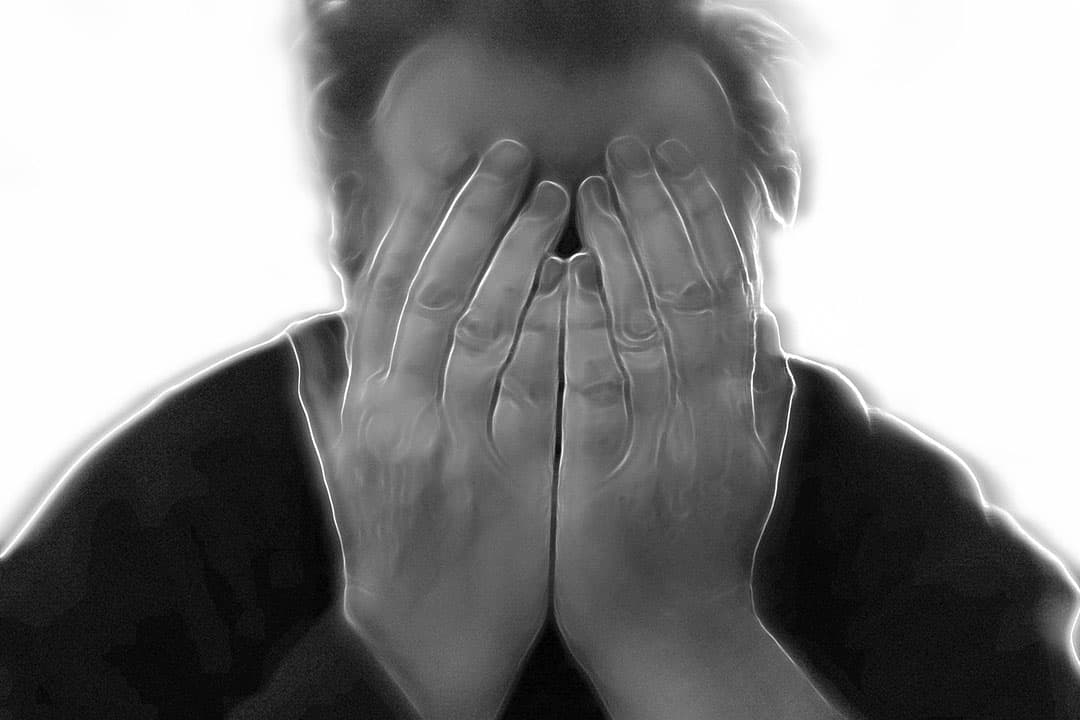Scrupulosity, or religious OCD, is a form of OCD, manifesting as anxiety which emerge “from doubt about possible sins or unknown imperfections due to the individual being fixated on obsessions based on religious or moral beliefs”. It means that because individuals are so uncertain about whether or not they completed a ritual properly, they redo it, often multiple times, to try and prevent feelings of being impure or sinful. For Muslims with religious OCD, this can manifest through many different ways. For example, praying extra rakahs because the individual feels they haven’t completed the prayer properly meaning they miss out on other things, or repeating ghusl because they feel that they may have completed it incorrectly, repeating washing until their skin is red raw. To stop these compulsions, some sufferers may try distancing themselves from mosques or community activities, in the hope that things become “out of sight, out of mind”, but these efforts usually end up increasing guilty feelings, with sufferers feeling anxious that they have stopped being “religious”.
Scrupulosity has many common compulsions. It is important to recognise and be aware of these so we, as a community, can help those suffering, by ensuring them that they aren’t doing anything wrong, and what is most important is their niyyah (intention). These compulsions are helpful for the sufferer because they can neutralise or reduce their sense of guilt stemming from the belief they’ve done something wrong. Common compulsions that we should be aware of are:
- Seeking excessive reassurance about behaviours related to religion or morals
- Excessive praying and reading of the Quran
- Mentally reviewing past acts or thoughts to try and prove to themselves that they haven’t been sinful, this act of going over things can help ease anxiety about past situations but can also mean that they disconnect with the present
- Excessive acts of self-sacrifice
- Avoidance of certain objects or situations that can be even slightly associated with sin or immorality, such as avoiding certain numbers, going the long way round to avoid walking past a pub, or not getting on a bus due to potential impurities or sitting next to the opposite gender.
- Making “deals” with God to avoid eternal damnation – a quick fix to get rid of some anxiety, even if only for a short while.

It can be hard to identify scrupulosity as it may come across as someone just being pious, and we don’t want to discourage that. However, it is important that we encourage balance and moderation. The Prophet pbuh encouraged people to work and spend time with their families and not spend all of their time praying. He encouraged a healthy balance and expressed his faith through his manners and conduct as well as rituals like praying and fasting.
For sufferers of religious OCD, the thoughts of inadequacy or sinning, don’t always stay as just thoughts. Whilst mentally harmful, they can also manifest as emotional turmoil and, to avoid them, sufferers may begin to self-harm, perhaps because they view themselves as needing to be punished, or because the physical pain is easier to bear than the mental pain.

We need to notice when things are moving from piety to scrupulosity, and looking at repeated incidents is one way. If someone repeats a prayer once because they’ve forgotten which rakah they are on, then that’s relatively normal. Whereas if someone spends up to an hour redoing prayers because they feel they keep getting it wrong, and it’s a regular occurrence, then that may be something to worry about and we would encourage you to talk to them about what they’re going through.
We have only touched upon a few examples of what scrupulosity can look like, have you seen or experienced anything different? If you want to, please share them below to make more people aware of how scrupulosity can present.





Salaams I was wonderIng if you’re be interested in presenting your work on television. If so let’s take the discussion further, I wait for your response.
Thank you
W Salaam, sure, please email me more information.
jamilla.hekmoun@inspiritedminds.org.uk
Best,
Jamilla
Jazaakumullah khairan my dear. Barakallah feek..may Allah Azawajal elevate our Iman and accept our Ibadah. Asalamu alaikum.
salaam,
This is what happened to me and it went so bad 10years lost my job, marrige, health. I suffered from very high level of depprestions, anxiety, OCD in the worst form. I was told by a therapist that in terms of OCD that my case was the worst there had seen.
6-7 showers at times, not eating for like 4 days, not being able to touch anything, i couldnt even sit as i thought the place was contaminated or id contaminate it so id stand for like 12hours at a time some times., wash my hand untill there was ripped open and skin peeling of and it would sting so bad but could not stop. And when i developed a over active bladder that made me want to die cause urine and islam didnt gell for me, and i was loosing control it would go every where, then my mind was like ive contaminated the freezer ( by thinking my urine got on a family member and there gone and got some thing from the there and now its frozen) so when ever some one got some thing out to eat i could picture them eating my body fluid. And hearing urine impure it derailed my mind and soul, i just didnt know how to be like a human any more and was just wanting to die so bad, breakdowns , it ruined me… Now am i sinful for letting it get to this or is it a illness people say different things so i all ways stay confused. I dont know any more NHS mental let me down, there was NO muslim support groups and i was also critcised that i done this to me myself. So i feel alone even when im around people. My loneliness has become my companion. At the same time if i can be of any help to any one that maybe suffering from this id be more then happy to help – May ALLAH give us all shifa and bring us closer to him and the sunnah of our beloved prophet peace and blessings be upon him. AMIN